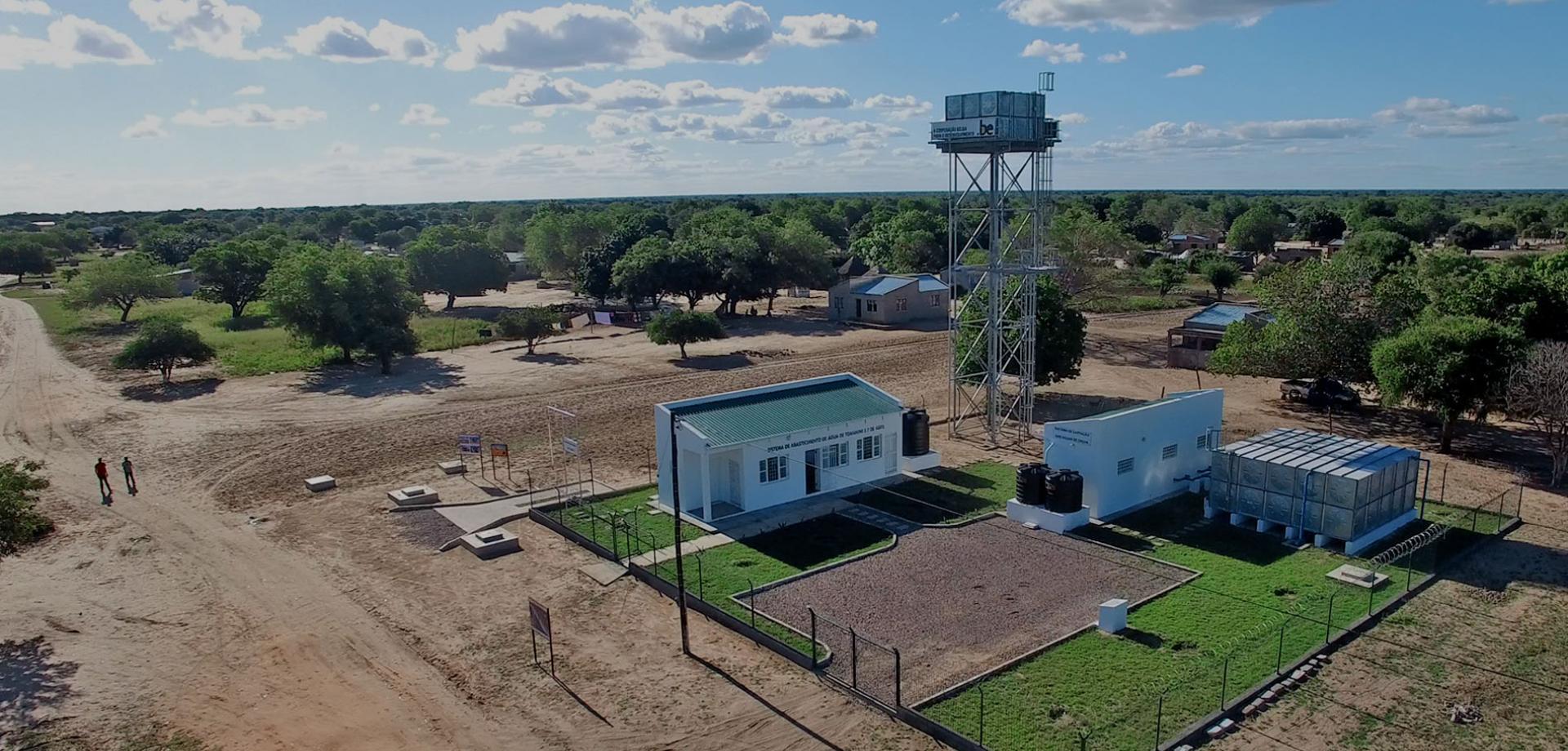Providing Drinkable Water through Innovating Solar Desalination Technique
The Water Gaza project in Mozambique is entering its last phase: by the end of
this year all activities will be completed, and the project will be closed.
Enabel has shown to be an important partner of the Mozambican government in the
water sector, providing them with innovating ideas and techniques to tackle the
drinkable water issue for remote populations in rural Mozambique.
Most of these secluded
communities have to walk several kilometres to access a manual water pump and
most of the time the groundwater does not meet the standards of the World
Health Organisation (WHO). Tests in the target communities have shown that the
“drinkable” water of the pumps contains too much salt. Health problems are
often related to the consumption of salty water: it can cause dehydration and
kidney infections. Moreover, this salty groundwater can damage the pipe and
pump system and the erosion of the water supply system might cause metallic
parts to enter the water, causing cancers, cardiovascular diseases and many
other health issues.
Enabel has come up with a
progressive plan to tackle these issues and contracted three innovating
companies: VERGNET HYDRO to supply the equipment, MASCARA to install the
desalination units and AFRIDEV MATI MOZAMBIQUE LDA to carry out the works and
the management. The Brussels Environmental Fund, IBGE, is providing part of the
funds to carry out the desalination works using solar energy. This solar
desalination process is ecologically and economically innovating as it does not
require a battery to stock the energy. The energy generated by the 6
photovoltaic power fields (80 m² - 160 m², with a total generating power of
around 88 kWp) feed directly into the same amount of desalination units using
reverse osmosis. Eventually, the desalinated water will be stored in elevated
tanks, which will supply the remote communities with drinkable water through a
supply network. Of each 100 litres of
pumped water, 80 litre of drinkable water will be distributed to the
population. The remaining water will be dismissed in infiltration reservoirs.
Furthermore, each site will have a remote management system and an electric
control panel which will continuously monitor the functioning of the
desalination unit.
As a result, these innovating installations
lead to a significant improvement of the livelihoods of these remote
populations, as desalinated, drinkable water will be provided close to home
through taps. More notably, it is the first time in Mozambique that the
desalination process of water runs for 100% on solar energy without the use of
a battery, which makes it possible to sell water at the same price as with a
conventional system (1MZN/25l; 1.3ct€).
Latest news from this project
No news

